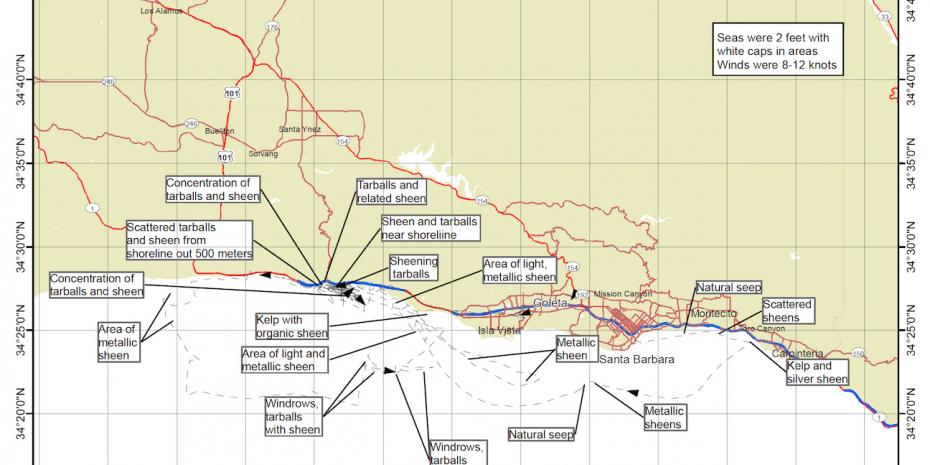We've partnered with the experimental web platform LandOfOpportunity to create a multi-media, layered exploration of the BP oil disaster. This interactive video merges firsthand stories with reports, articles, videos, photos, and data from the last four years.

